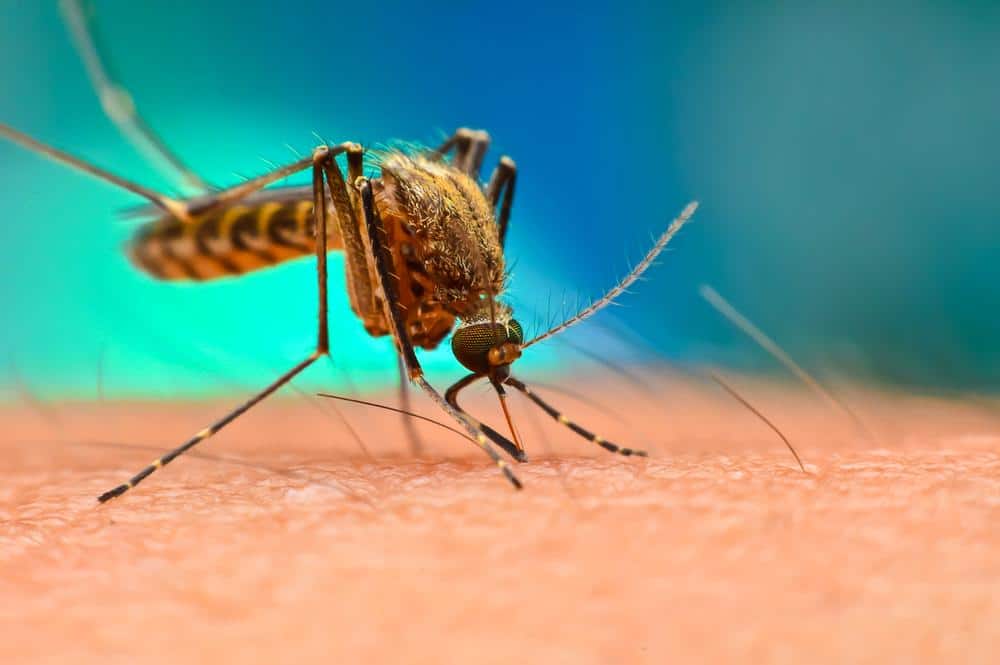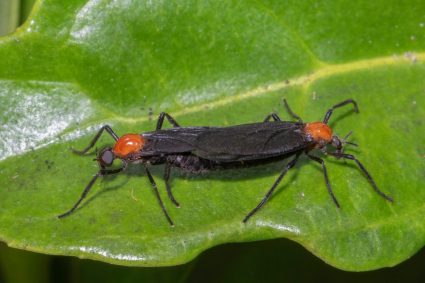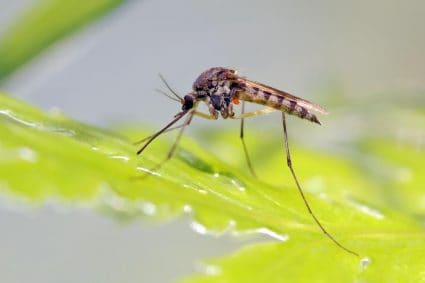
Mosquitoes can be a real nuisance, especially when they invade our indoor spaces. Not only do they create an irritating buzz, but they can also spread diseases like dengue, malaria, and the Zika virus. If you are tired of being bitten by these pesky insects inside your home, worry no more. This comprehensive guide will walk you through various ways on how to repel mosquitoes indoors.
To repel mosquitoes indoors, install window and door screens to prevent them from entering, use air conditioning to create a less hospitable environment, and use indoor sprays or foggers. You can also place mosquito repellent plants like marigolds and lemongrass around your home. DIY natural mosquito repellents using essential oils like citronella and lemon eucalyptus can also be effective. Eliminate standing water to avoid breeding grounds and consider using mosquito traps for added protection.
Install Window and Door Screens
One of the most effective ways to repel mosquitoes is by preventing them from entering your home in the first place. Installing or repairing window and door screens can significantly reduce the chances of mosquitoes finding their way inside your house. Make sure to regularly check these screens for tears and repair them immediately to ensure their effectiveness.
Use Air Conditioning
Mosquitoes prefer warm, humid environments. Using air conditioning not only makes your home more comfortable for you, but it also creates a less hospitable environment for mosquitoes.
Indoor Sprays and Foggers
Indoor insect sprays and foggers can be an effective way to kill mosquitoes and treat areas where they rest. These products can be used in closets, behind curtains, or other dark places where mosquitoes like to hide. However, always ensure to follow the manufacturer’s instructions to avoid any health risks.
Indoor Mosquito Repellent Plants
Certain plants like marigolds, tulsi, lemongrass, citronella, mint, and catnip are known to repel mosquitoes. These plants emit natural fragrances that mosquitoes find disagreeable. Placing these plants around your home can help create a mosquito-free environment.
Natural Mosquito Repellents
If you prefer a more natural approach, there are several DIY mosquito repellent methods that you can try. Essential oils like citronella, lemon eucalyptus, and neem oil can be used as natural repellents. You can create your own mosquito repellent spray by combining these essential oils with water or carrier oils.
Eliminate Breeding Grounds
Mosquitoes breed in stagnant water. Therefore, it’s crucial to eliminate any standing water inside your home. Regularly check and clean pet water dishes, flower vases, and other containers that might hold water.
Use Mosquito Traps
Mosquito traps can also be an effective way to control mosquitoes indoors. These traps attract mosquitoes using light, heat or CO2, and then capture or kill them.
Conclusion
While these methods can significantly reduce the presence of mosquitoes in your home, it’s important to remember that no single approach is 100% effective. Therefore, it’s best to use a combination of these methods for the best results.
Remember, while natural repellents might not be as effective as synthetic ones, especially in areas where mosquitoes carry diseases, they are safer to use, especially around children and pets. In such cases, it’s recommended to use synthetic mosquito repellents containing DEET, picaridin, IR3535, or oil of lemon eucalyptus (OLE).
By implementing these measures, you can create a more comfortable and mosquito-free living environment. Stay safe and enjoy your indoor spaces without the constant worry of mosquito bites.
Frequently Asked Questions
What other plants can repel mosquitoes?
Other plants that can repel mosquitoes include lavender, rosemary, basil, and garlic. These plants emit a strong fragrance that mosquitoes find unpleasant.
Are there any specific brands of indoor insect sprays and foggers that you can recommend?
There are several brands of indoor insect sprays and foggers available in the market. Some of the well-known ones include Raid, Ortho, and Spectracide. However, it’s important to read the product label and follow the manufacturer’s instructions for safe and effective use.
How often should I clean the mosquito traps?
The frequency of cleaning mosquito traps depends on the trap’s model and how many mosquitoes it captures. However, as a general rule, it’s best to clean the trap every 1-2 weeks for optimal performance.
How often should I apply natural mosquito repellents?
Natural mosquito repellents tend to evaporate faster than synthetic ones. Therefore, you might need to reapply them every 1-2 hours for continuous protection.
Can I use these methods to repel other types of insects?
Many of these methods, such as using window and door screens, eliminating breeding grounds, and using certain plants, can also help repel other types of insects. However, the effectiveness might vary depending on the type of insect.










